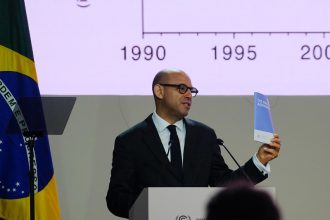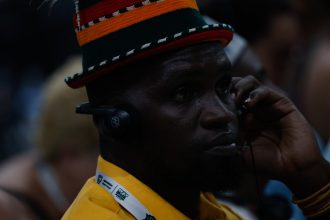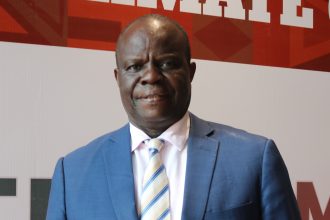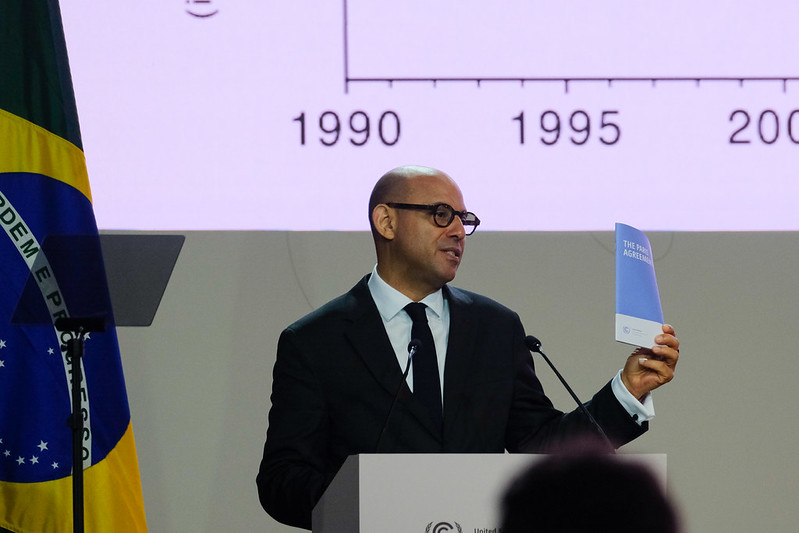By Henry Neondo in Belém, Brazil – November 10, 2025
The 30th United Nations Climate Change Conference (COP30) officially opened Monday in Belém, Brazil, with impassioned calls for unity, urgency, and bold action from both the COP30 President, Ambassador André Corrêa do Lago, and UN Climate Change Executive Secretary, Simon Stiell.
In an opening ceremony rich in Brazilian culture and symbolism, Ambassador do Lago welcomed delegates to the Amazonian city, highlighting the importance of inclusivity and cultural identity in shaping global climate action. “We had a wonderful opening with beautiful singing by Indigenous Peoples,” he said. “It was really very touching.” He also paid tribute to two icons of Brazilian culture, Fafá de Belém and Margareth Menezes—the latter serving as Brazil’s Minister of Culture—underscoring the intersection of art, culture, and environmental advocacy.
Ambassador do Lago thanked the outgoing COP29 President, Mukhtar Babayev of Azerbaijan, for his “patience, kindness, and elegance,” and pledged to carry forward his advice in presiding over this pivotal conference. He also praised the swift agreement among delegations on the conference agenda, reached late the previous night. “This agreement will allow us to start working intensively today,” he said, adding that it would also help communicate to the world why newly raised issues “really matter.”
Simon Stiell, Executive Secretary of the UN Framework Convention on Climate Change (UNFCCC), struck a tone of determination and optimism in his address. “Every year I’m asked how I feel about the COP,” he said. “And the answer is that I am determined.”
Stiell hailed the adoption of the conference agenda as “a very good start” and emphasized the progress already being achieved under the Paris Agreement. “We are now bending the curve of planet-heating emissions downwards for the very first time,” he announced, citing new Nationally Determined Contributions (NDCs) that will collectively reduce emissions by 12 percent by 2035.
“The Paris Agreement is delivering real progress,” Stiell said, but he cautioned that “it’s not nearly enough.” He pointed to recent extreme weather events—from super-typhoons in Asia to Hurricane Melissa’s devastation—as reminders of the escalating costs of inaction.
Highlighting the economic transformation underway, Stiell noted that renewables have overtaken coal as the world’s top energy source and now attract more investment than fossil fuels. “Policies once unthinkable are now rippling through markets,” he said. “Climate action is the greatest economic opportunity of this century.”
Calling on negotiators to “accelerate in the Amazon,” Stiell urged that COP30 focus on practical solutions—“policy that moves markets, finance that drives delivery, and delivery that saves and improves lives.”
He concluded with a reminder that the climate crisis is not just a technical challenge but a human one. “This COP process is ultimately all about people,” he said. “We will only win the fight against the climate crisis if all people in all nations can get a fair piece of the epic benefits.”
As COP30 begins in the heart of the Amazon, expectations are high for progress on adaptation, finance, and just transitions—issues that will define whether the world can meet the goals of the Paris Agreement and secure a livable future for all.




